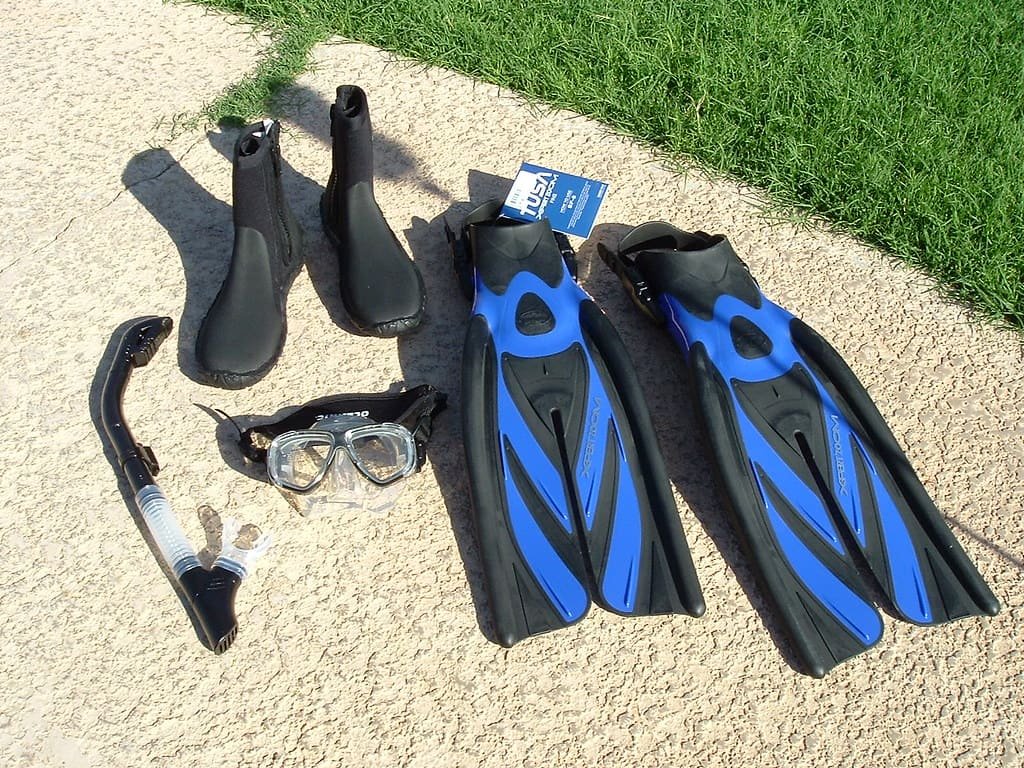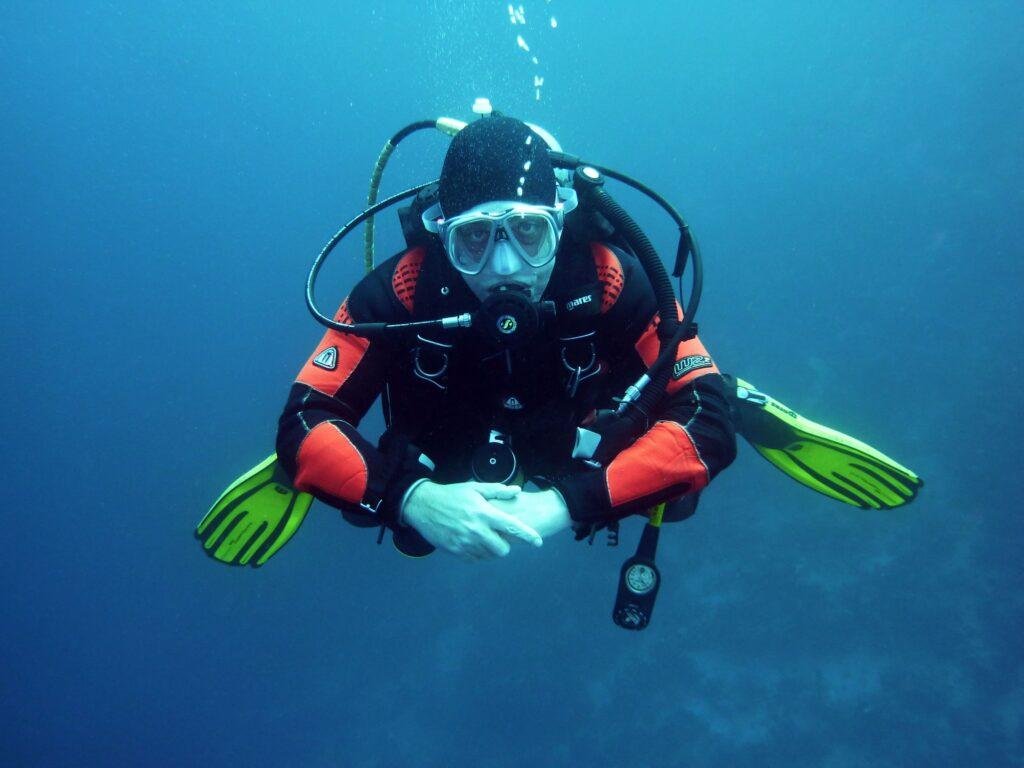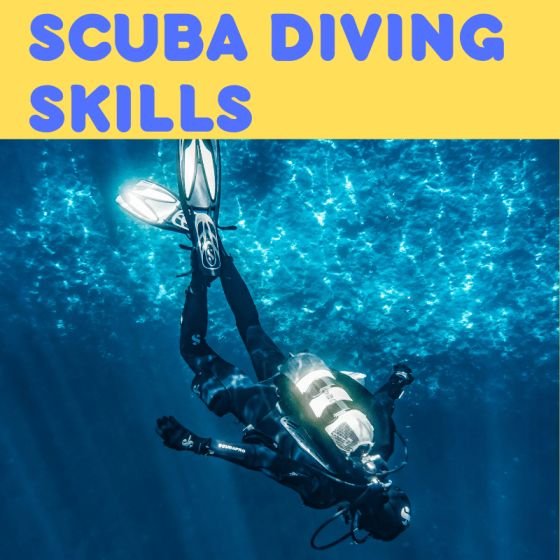Scuba diving is a thrilling and exhilarating experience that allows you to discover the underwater world and witness its beauty and majesty. Whether you’re a professional diver or just starting out, getting to know certain abilities is critical for your safety and enjoyment in the water. In this article, we will define the vital scuba diving capabilities that every diver needs to recognize before heading out on their next adventure, especially in popular destinations like Andaman Nicobar and Havelock Island, known for their best scuba diving experiences.
Table of Contents
ToggleChecking Equipment

Before each dive, it is essential to operate a thorough check of all of your equipment to make certain that everything is in properly working order. This includes checking your regulator, BCD, wetsuit, fins, mask, and dive computer, amongst other things. By taking the time to check your equipment, you can avoid any possible troubles while you’re underwater and ensure that your dive goes smoothly. This is especially important for non-swimmers who are interested in scuba diving in Andaman and want to make the most of their underwater adventure.
Regulator Clearing

One of the most important skills to grasp is clearing your regulator, which is the device that grants air to you while you are underwater. When diving, it is frequent for water to enter your mouthpiece, making it hard to breathe. Clearing your regulator includes getting rid of the water from the mouthpiece and allowing you to take a breath. To clear your regulator, simply take a deep breath, hold it, and exhale forcefully through the regulator.
Buoyancy Control
Another necessary talent is controlling your buoyancy, which is the ability to manage your ascent and descent in the water. This is essential for preserving a satisfactory and safe dive, as well as maintaining the underwater environment. There are a number of techniques you can use to manage your buoyancy, such as adjusting the air in your BCD, controlling your breathing, and the use of your fins.
Emergency Ascents

In the unlikely event of an emergency while diving, it’s necessary to know how to perform an emergency ascent. This involves quickly and safely returning to the surface in order to get the necessary help. To perform an emergency ascent, you inflate your BCD, release any weights, and start a slow and controlled ascent while continuously exhaling. You must also remain close to your dive buddy and signal for help if necessary.
Dive Signals

Communication is necessary while diving, and that is why it’s important to be familiar with the standard dive signals. These signals allow you to communicate with your dive buddy and other divers, even while underwater. Some of the most frequent signals include pointing to your eyes to indicate you’ve seen something, holding out your hand to signal “stop,” and tapping your tank to indicate low air.
Underwater Navigation
Navigating underwater can be challenging, but it’s an essential skill to master. To help you find your way, you can use underwater navigation methods such as using a compass, following a guideline, or using underwater landmarks. You must also always dive with a dive buddy and communicate your intended route and any changes to your plans, especially when you’re in popular scuba diving destinations like Port Blair in Andaman.
Conclusion
By mastering these fundamental scuba diving skills, you can ensure a safe, enjoyable, and memorable dive experience. Whether you are exploring a new dive site or just going for a leisurely dive, these skills will help you to make the most of your underwater adventure in Andaman and Nicobar, known for their diverse scuba diving experiences in Havelock Island and Port Blair.




